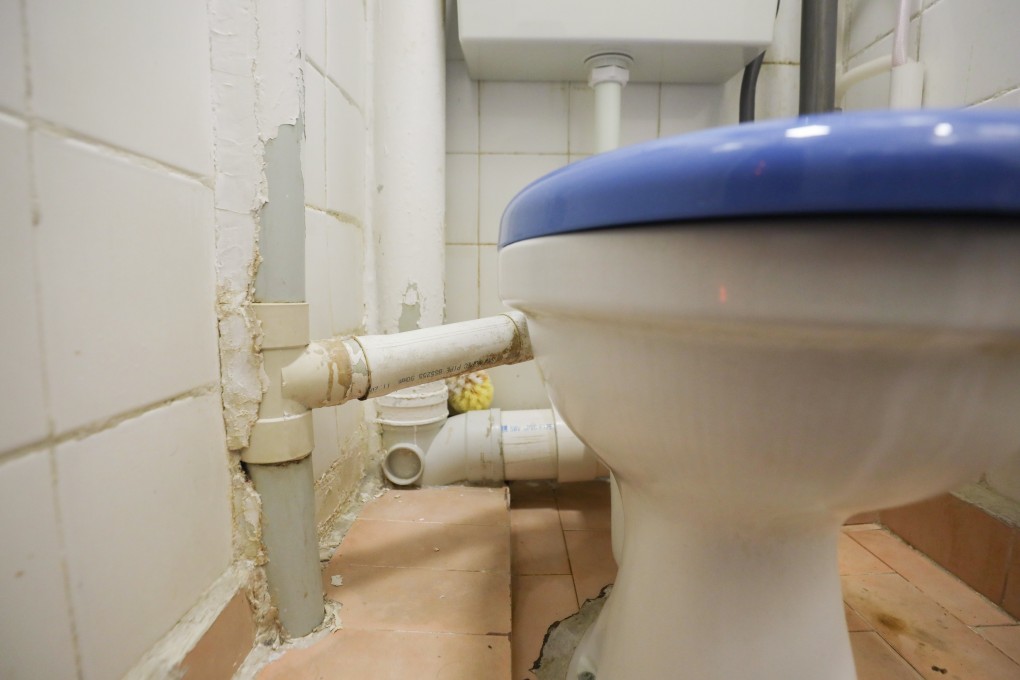Advertisement
Singapore is checking waste water with people’s poo for coronavirus
- Experts say testing raw sewage is based on a ‘peculiar habit’ of the coronavirus – that it is shed in stools
- Like Australia, the city state wants to monitor community transmission especially among people who are infected but do not yet know it
Reading Time:3 minutes
Why you can trust SCMP

From mass testing tens of thousands of its migrant workers to using serological tests to uncover links between its virus clusters, Singapore has deployed varying methods to stem the spread of the deadly coronavirus. But it is adding to this list a new method of detection: testing sewage for traces of the virus.
National development minister Lawrence Wong, who co-heads a multi-ministerial task force that deals with the virus, on Tuesday said the city state was now testing waste water extracted from manholes for viral fragments.
“This provides an additional indicator to tell us if a specific group, such as those living in a dormitory, has infected people among them,” he said during a national address.
Advertisement
Singapore, with 38,965 infections, last week lifted parts of its partial lockdown but the authorities have stressed that the easing of its measures would be a gradual, cautious one amid fears of a second wave of infections.
Officials have attributed its dramatic surge in coronavirus cases to the aggressive testing of low-wage migrant workers in cramped dormitories, who now make up more than 93 per cent of its total infections.
Advertisement
Advertisement
Select Voice
Select Speed
1.00x